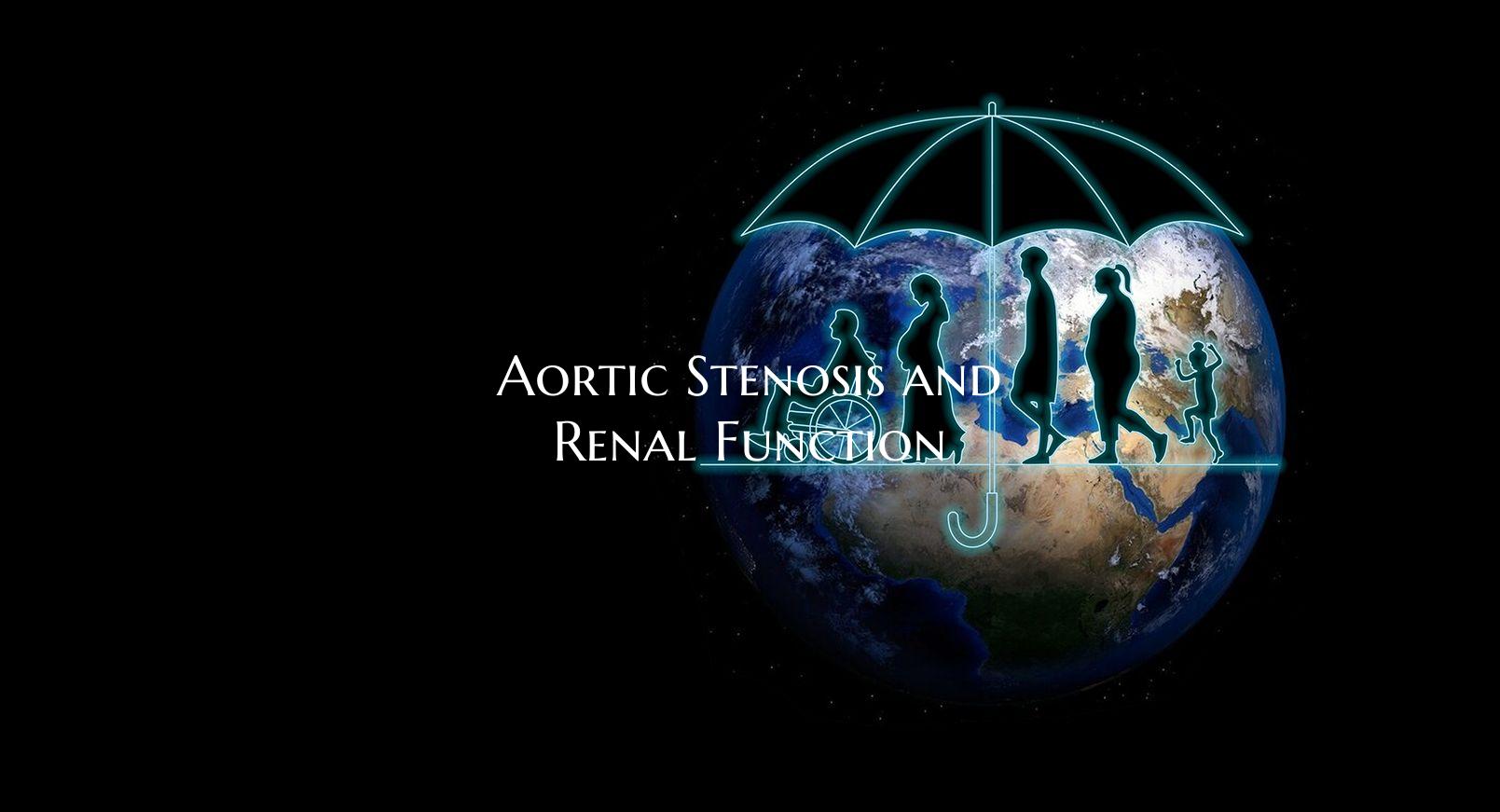
Aortic Stenosis and Renal Function
Aortic stenosis is a condition characterized by the narrowing of the aortic valve opening in the heart, which restricts blood flow from the left ventricle to the aorta. While aortic stenosis primarily affects the heart, research has shown that it can also impact renal function.
The relationship between aortic stenosis and renal function is complex and bidirectional. Impaired kidney function can exacerbate the progression of aortic stenosis, and conversely, aortic stenosis can contribute to the decline in renal function.
One of the key mechanisms linking aortic stenosis to renal impairment is reduced cardiac output. The narrowing of the aortic valve leads to increased pressure in the left ventricle, which in turn reduces the volume of blood pumped out of the heart with each contraction. This can result in decreased blood flow to the kidneys, leading to renal hypoperfusion and impaired kidney function.
Moreover, the hemodynamic changes associated with aortic stenosis, such as increased afterload on the heart and left ventricular hypertrophy, can also impact renal function. The kidneys rely on adequate cardiac output and perfusion pressure to maintain optimal function. The chronic strain on the heart caused by aortic stenosis can eventually lead to reduced renal blood flow and compromised kidney function.
Conversely, existing renal dysfunction can have implications for the management of aortic stenosis. Patients with pre-existing kidney disease may be at higher risk of complications during surgical interventions for aortic stenosis, such as valve replacement procedures. Impaired renal function is also associated with worse outcomes following these interventions.
Early detection and management of both aortic stenosis and renal dysfunction are crucial to improving patient outcomes. Close monitoring of renal function, including regular assessment of kidney function tests and imaging studies, is recommended in patients with aortic stenosis. Treatment strategies should aim to optimize cardiac output, control blood pressure, and manage fluid balance to support renal function.
In conclusion, the relationship between aortic stenosis and renal function is multifaceted, with each condition influencing the other. A comprehensive approach that addresses both cardiac and renal health is essential in managing patients with aortic stenosis and preserving renal function. Collaborative care involving cardiologists and nephrologists is vital to ensuring the best possible outcomes for these patients.